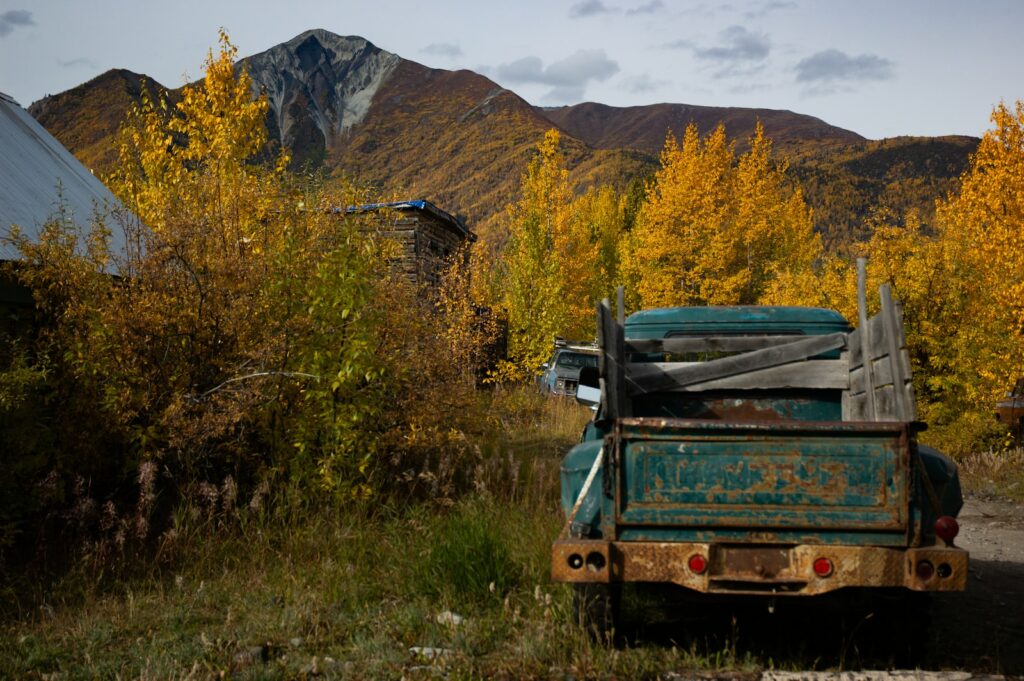Here’s another chapter of “Jeap’s Holler”. If you’ve landed here for the first time, scroll down to read the other seven chapters of this story. I have only one more chapter that hasn’t been posted so obviously the work is unfinished. But in reviewing it for inclusion in my blog, I find that I really like where the Jeap’s dystopian piece begins and may consider developing it further—perhaps completing it. Write a comment and let me know what you think. — Dale
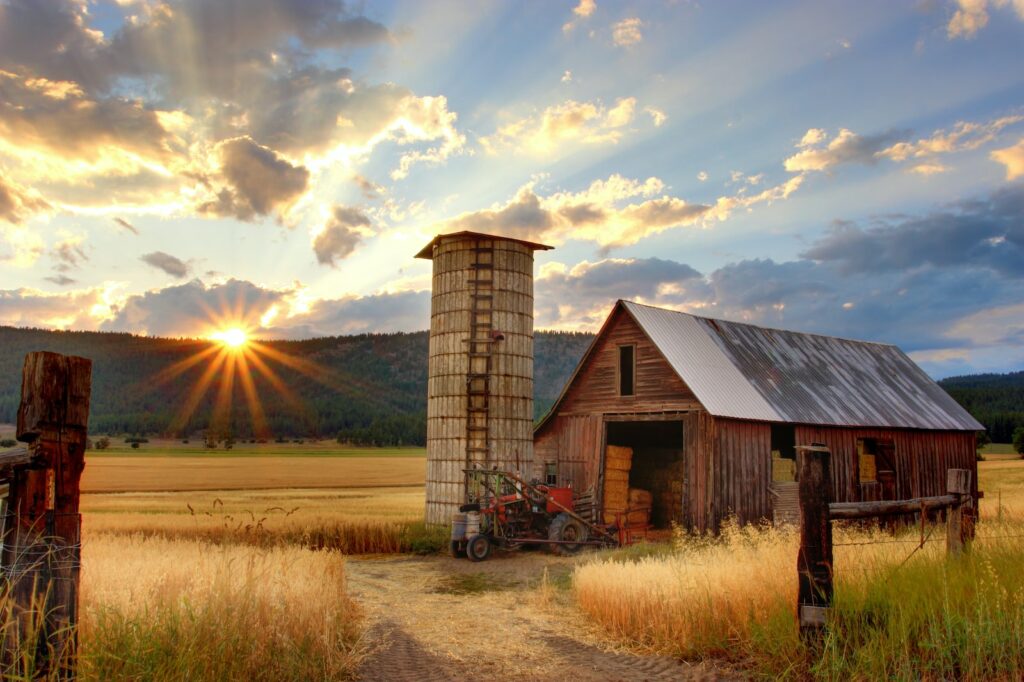
From the main road,
J.C. turned onto the narrow, what used to be, gravel track that led out to the Swann and Fowler farms. It was three bumpy miles from the main road to the Swanns’ place; the Fowlers were a half mile farther. J.C. took the track slowly in Jean’s old pickup.
The eastern uplands had been the most progressive part of Winstanley Canton. They had embraced the vision of the canton before any of the others understood it. They had felt it even before it became a revelation to J.C. whom canton residents widely credited with its creation.
But even before J.C. saw his idea, his vision, the Uplanders knew it would come, that it must come, this other path. Life had already gotten much simpler for the Uplanders, and that fact alone had had a profoundly positive effect on their lives.
When the electricity failed, life suddenly simplified. No cell phones; no telephones at all. No televisions or radios or stereo systems or electronic gadgetry or satellite dishes or microwave ovens or conventional ovens or refrigerators. No internet! That, in itself, was a huge millstone suddenly lifted from their necks. Suddenly they had time, a luxury that at first they did not know how to use. But what time gave them, more than anything else, was a reconnection with the land. And they realized that it was good.
By the time the canton was organized, the Uplanders already knew they would not be going back to “civilization” as it had become. They had found themselves back at a fork in the road where their great-grandparents had once stood, and now they stood. But this time they decided they were going take the other path. The one that did not lead to the atomic bomb, nuclear waste, credit ratings and college debt, chemical farming, petrodollars, and mass surveillance. No, they would not go that way again. This time, they would choose the other path. They would choose Peace. And the Uplanders embraced this alternative choice passionately.
On the uplands one could not find fences. There were no property lines simply because there was no property, just the land. The Uplanders had plucked up all of the fences which separated them from their neighbors. They found it was not so difficult to share pastures, ponds, croplands, and streams. Sharing, they discovered, was a natural human trait which required no effort at all, just an adjustment in one’s view of his or her place in the scheme of things.
They discovered that when you thought of yourself as an island, then sharing felt like an irritation, like a broken tooth exposed to cool air. But when you thought of yourself as a vital part of a living organism, one in which you yourself must be present for the organism to survive, then sharing became natural. In fact it became an elixir which defined you and gave you purpose for being. And that was true no matter how old or young you were, no matter what your gender, no matter which family you were born into. You were always necessary and vital to the organism because you had a function within it. You were needed. Your natural gifts were appreciated and sought after.
Among the Uplanders, finding one’s natural gifts was almost a cult obsession. You might not be particularly interested in finding what your own gifts were, but everyone else was keenly interested. They would not let you drift without knowing what your purpose was and what you wanted from life, especially after you had crossed the threshold of your fifteenth birthday. But the prodding was not so much to decide on any particular vocation but to explore many, to see which ones might fit. In this way, the whole community became one’s family.
J.C. pulled Jean’s boxy, green pickup around to the back gate of the Swanns’ house, nearer the kitchen entrance. Just by the look of things, you might have guessed that either the Swanns had hired a larger crew of farmhands than they actually needed or they were in the midst of a family reunion. There were people everywhere, all engaged in one sort of work or another.
Three young women and a girl were hanging clothes to dry. Two men appeared to be engaged in mechanic work on the Swanns’ very old pickup truck which the Swanns themselves had not driven in a decade or more and had left by the barn to rust. There were people clearing weeds and debris over near where the mechanics were working. Others were weeding the vegetable garden. One fellow had apparently paused from splitting firewood in order to sharpen his ax. There were even a pair of youth – a boy and girl – just raking the driveway as if the Swanns’ place was a palatial estate which required that degree of aesthetic attention.
And all of these workers seemed to be enjoying themselves as they labored. As if, as just mentioned, they were in attendance at a family reunion and were absorbed in the excitement and pleasure of getting reacquainted with one another after years apart. There was that kind of energy among them.
Kathy Swann emerged from the kitchen door donning her apron, all smiles and happy. She waved exuberantly at J.C. as he pulled up near the gate and she hurried out to greet him.
“Hello, J.C.,” she said. She sort of yodeled the word “hello.”
As J.C. reached the gate, Kathy grabbed him and hugged his neck as if he were her long lost son, returned home from war.
“Jean sent me up with groceries. They’re in the back,” he managed to whisper as Kathy squeezed his neck.
“How are things?” asked J.C. once he had air again.
“Things are wonderful. How are they with you?” said Kathy.
“Can’t complain.”
“Well, come in then and have some sweet tea. So much has happened since you were here.”
Before going inside, Kathy stopped to ask one of the women named Gracie, of the three who hung clothes, if she and her coworkers could bring in the supplies from the pickup truck which J.C. had brought from town. The women agreed cheerfully and left their baskets of laundry on the grass, to stock the new supplies in the pantry.
J.C. followed Kathy into her kitchen.
The kitchen was cool and dark and filled with a bouquet of cooking fragrances all mingled together. But most pronounced among them was the tangy fragrance of apple pie. Three apple pies rested on the kitchen counter, no doubt baked that morning.
J.C. sat down at the well seasoned oak table which stood at the center of the farmhouse kitchen. The table was black with layers of checked varnish and, in places, its surface sticky with syrup or jam from that morning’s hurried breakfast. Kathy brought two glasses of cold tea and joined J.C. at the table. But immediately she jumped up to fetch a damp cloth. She gave the table a good wiping down and got up the jam or whatever it was that was sticky.
“Miss Kathy?” It was one of the women hanging laundry outside. She had poked her head in at the backdoor.
“Yes, sweetheart?” answered Kathy.
“We’ve finished, now. And we were thinking we’d take a walk down to the creek, unless there was something else you needed.”
“Oh no, everything is done until supper. You all go ahead, and have a good time. Thank you, Heather.”
“You’re welcome, ma’am. See you later.”
The screen door made a nice sound as its spring pulled it closed.
“Quite a crew you have out there,” said J.C.
“Yes, aren’t they amazing?” said Kathy.
“Yes, indeed. Say, where is Red, by the way?”
“Oh, he’s up the road at the Fowler’s. He and Frank had something they were doing today. I forget what.”
“So about your ‘crew’,” said J.C. “how many are there this week?”
“Fifteen. We had five show up on Wednesday last, bringing the total to eighteen. But then Thursday, the very next day, three decided to leave which brought us back down to fifteen, total.”
“They eating you out of house and home, yet?”
“No, not yet. The Fowlers have helped quite a bit. But, say, there is something I wanted to tell you about which is: we may already have a plan.”
“Really?”
“Yes, really. It was our sojourners who thought of it. They’re all very good people, J.C., willing to do just about anything, and they work hard to earn their keep. They say they know how fortunate they are that we let them stay here and have not chased them off. Apparently a lot of other places have done that—chased them off—before they landed here. Speaking for myself, I think we need to keep them. I mean, I believe the canton should keep them.”
“Hmm. That’s good to know,” said J.C. thoughtfully. “I’m just one man, but I agree. So you say there is a plan?”
“Yes, and I’m surprised that none of us Uplanders thought of it,” said Kathy.


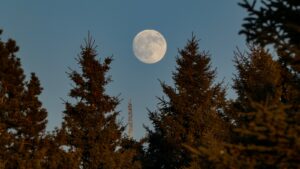


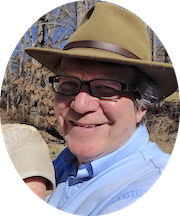 Hi and welcome to my blog and thank you for stopping by! Let me mention a couple of features that will be helpful whenever you visit here.
Hi and welcome to my blog and thank you for stopping by! Let me mention a couple of features that will be helpful whenever you visit here.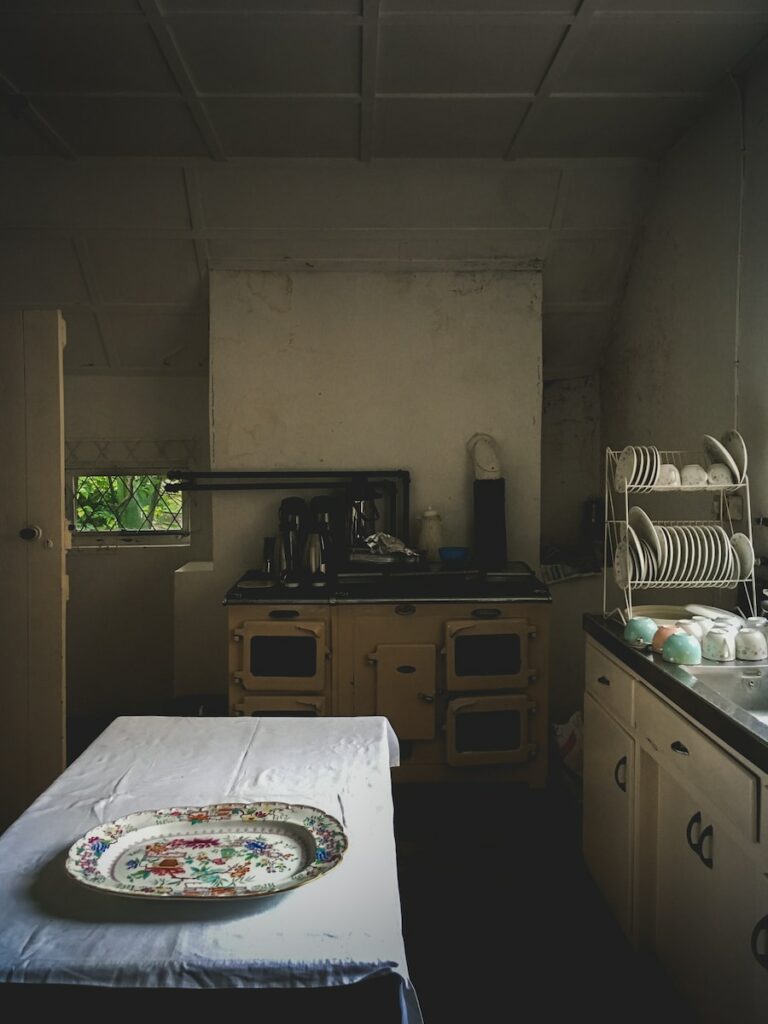
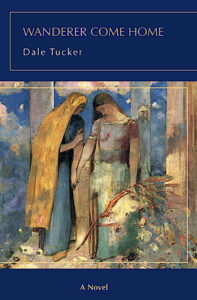 Hi Everyone,
Hi Everyone,

